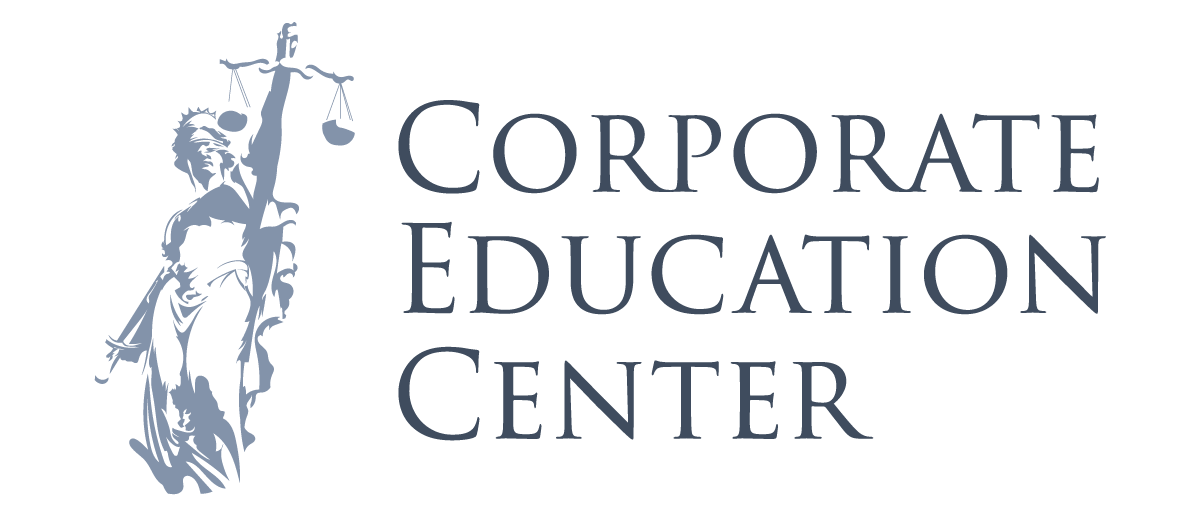Premium Incentives
A Premium incentive policy is a guaranteed policy which usually offers higher premiums than ordinary policies. The premium for this policy is never changed, unless of course you want to increase it based on your income, etc.
These types of incentives are a common type of life insurance policy feature used to attract customers. Insurers use this strategy in order to reach new clients or retain current ones. You might also hear premium incentives referred to as bonus features or bonus insurance. An insurer will often consider the potential for long-term residual value of business when designing a policy’s premium incentive plan.
A premium incentive is a process wherein insurance companies offer special discounts to encourage the purchase of full coverage. Premium incentives are also commonly referred to as no-deductible discounts, because they allow policyholders to pay a lower premium despite having higher deductibles. The Premium Incentive will be shown on the policy schedule, if applicable. The value of the Premium Incentive is a certain amount of insurance over and above your Policy indemnity. The Premium Incentive works similar to an antibiotic – every time you pay your premium, the value of insurance increases by the Premium Incentive. This continues until you choose to decrease or remove the Premium Incentive.
Types of Premium Incentives:
Accordingly, employers can offer a number of different types of premium incentives, such as health and dental coverage with prescription drug plans and life insurance. Employers may also provide monetary rewards for completing objectives and extra financial resources for dependents.
One of the benefits that many companies provide their employees is a bonus, either financial or non-financial. These bonus offers are known by different names, such as a “premium incentive” or “performance bonus,” and they aim to motivate certain behaviors or objectives in workers.
Healthcare benefits make up the largest component of employer-provided insurance plans. These often include medical, dental and vision coverage. Employees will pay a percentage of the premiums and the employer will cover the remainder. However, not all employers offer these perks, so consider yourself lucky if they do! When it comes to setting your salary, don’t just stop at base pay. There are a variety of different types of premium incentives that employers can offer, including healthcare benefits, 401(k) contributions, and paid time off. You shouldn’t settle for less in an ideal world, but unfortunately things don’t always work out so well in the real world.
Employers are starting to invest more in their employees in terms of compensation, because they want their employees to remain with the company long-term.
Are there any advantages when it comes to Premium Incentives?
When you’re trying to attract new talent, get the most out of your existing employees, or keep them engaged and motivated, a premium incentive program might be your best solution. Premium incentives are those that employers offer beyond those typically associated with job benefits. A rising trend in today’s competitive workplace, these incentives include a variety of perks and rewards that appeal to many employees and prospective talent alike.
Marketing experts have long debated the value of premium incentives, such as gift cards, employee discounts, and other special rewards for employees. Some people argue that such programs are a waste of money because they don’t influence employee behavior in any meaningful way. Others maintain that such programs have a positive effect on the growth and success of businesses by influencing employee performance.
Whatever kind of a business you run, you need to keep your employees engaged and motivated. Whether they’ve just joined the company or have been there for many years, they will be much more productive if they feel that their work is valued. And a premium incentive program is the perfect way to show them how much you value them. Anywhere from its corporate office to a regional branch, an effective premium incentive program can really help your business by increasing employee satisfaction and retention while reducing attrition rates.
Conclusion:
People do their best work when they feel appreciated, and they usually like feeling appreciated in ways that make them feel special or unique. If you want to create a workplace where everyone is happy to be there, you need to get creative with your incentives and make sure you are striving to fit the reward to the individual. This can be an effective way to demonstrate how much your employees mean to you, and it will help keep your business moving in the direction that you want.
To be effective, these incentives must be unexpected and exciting. A vacation package with luxury accommodations, a company car, free electronics, or even movie tickets – anything that is beyond typical will likely have a greater effect on the recipient than a gift card or merchandise voucher. You’ll want to ensure that any offer you accept has a meaningful and direct connection to what your organization does or makes. And finally, don’t forget the employees inside your own organization – a laudable employee of the quarter announcement could be just what’s needed to inspire and motivate!
